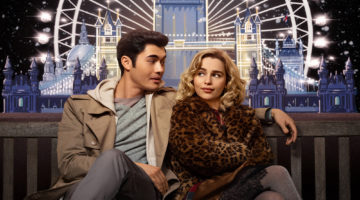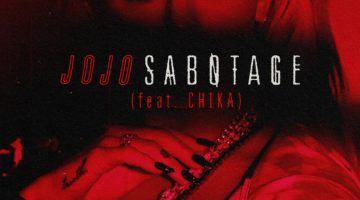
No film this year has generated more controversy than Joker. DC made a bold decision by halting their attempts at mimicking the crowd-pleasing and highly marketable Marvel Cinematic Universe and instead opted for a standalone film geared specifically toward adults—a dark character study based on Batman’s most iconic and beloved nemesis, The Joker. Now that the film has been released, the question remains: Did this gamble pay off? The answer is complicated.
In terms of sheer hype and interest generated prior to its release, the film can be viewed as a success in channeling controversy into promotion. It has currently broken the box office record for an October release. It has notably drawn ire from cultural critics who feel it is too empathetic toward its main character—particularly since the film offers a more grounded and unique take on The Joker. Despite the early 80s setting, this version clearly evokes the recent phenomenon of mass shooters, most of whom, like the titular character, seem to perceive themselves as pitiable loners disregarded by larger society.
It is nearly impossible to discuss Joker without merely analyzing its cultural context and loose attempts at social commentary—mostly because that’s kind of all the film has going for it. Without those elements, it is just a very faithful recreation of early Martin Scorsese. Anyone familiar with the structure of his films Taxi Driver and The King of Comedy knows where this film is going before the rather thin story even gets started.
Joaquin Phoenix’s performance is the glue that holds the film together and he is great. Phoenix portrays The Joker—here known as Arthur Fleck, a name which itself echoes Taxi Driver’s Travis Bickle, by pairing a fairly normal, almost appealing name with an unpleasant sounding surname—as less of an archetypal trickster or mad genius as traditional adaptations do. This version instead comes uncomfortably close to capturing the essence of real-life psychotics and spree killers. But this portrayal is also the film’s key weakness.
This character never really feels like The Joker as the screenwriters’ attempts to ground the character in unflinching realism ultimately results in losing so much of what makes The Joker a fascinating and entertaining character. If this film was just about a crazed spree killer with no connection to The Joker, it wouldn’t affect the story nor characterization and that’s a massive flaw. It is merely capitalizing on the name recognition to tell an unrelated story because it’s the only way a film this oppressively misanthropic would sell to mainstream audiences.
The film often doesn’t commit to its realistic take—it keeps the comics’ stylized depiction of Gotham City as a place so vile that seemingly everyone residing there is opportunistic, corrupt, apathetic and/or sadistic. The story is presented through the Joker’s warped perception so it’s possible this was intentional. But unlike the films of Scorsese, it never breaks from this subjective view to make it clear to the viewers that there are indeed good people in Gotham. The film’s messaging is too unclear, and it could leave viewers wondering: Is the Joker right? And that’s a message that no film—even one told from the point of view of a disturbed character—should ever leave an audience pondering.
As a thriller, the film works. It’s tense, unsettling and anxiety-inducing. As an allegory for societal ills, it sadly falls flat.
Matt Cotter can be reached at ryleejackson@sagebrush.unr.edu, or on Twitter @NevadaSagebrush.












